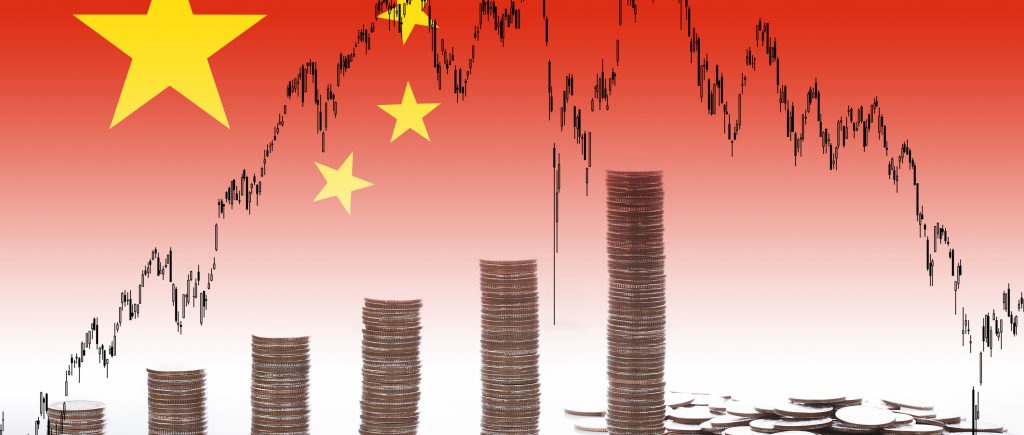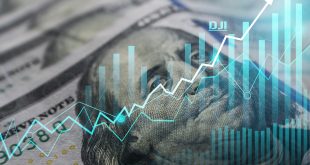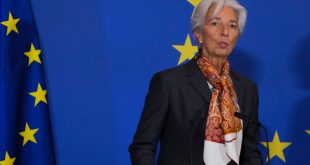Over the past ten years, China has witnessed the largest infrastructure boom in history, making it one of the key factors in the Asian country’s economic expansion. However, businesses who took out loans to support the development boom are now under unheard-of debt strain. The future of China’s whole economy may very well depend on what happens to them.
All the infrastructure China has built over the past decade is actually bigger than anything the world has ever seen before. That activity has been a big driver of China’s very fast economic growth in the last decade. The companies which borrowed money to finance these developments are known as LGFVs, namely Local Government Financing Vehicles. What happens in the next phase will help determine the future of China’s entire economy. Local Government Financing Vehicles (LGFVs) borrow money from banks or they sell bonds. In total, the amount they owe is about equal to half of China’s GDP. LGFVs have been really good at transforming China’s urban environment, but they’ve not been very good at making money.
And that’s because a lot of the infrastructure they build is either free or very cheap for the public to use. So, they’ll probably never be able to pay back all the debt they borrowed to do that building. But that’s actually okay. To understand why remember that the debt is part of the wealth of Chinese banks.
The story essentially lies behind some roads, bridges, subways under a national drive that necessitated a giant infrastructure payment. Debt is part of the wealth of Chinese banks. Banks looked happy as long as the LGFVs are giving them a steady income stream by paying their interest. And the Local Government Funds have been able to keep paying their interest thanks to help from their local government owners. A growing economy means more government income, which they hand over to the LGFVs to help them pay their interest.
When the time comes for them to pay the principal on that debt. The banks have been happy to say don’t worry, you can pay us later. This is all work pretty well. LGFVs have always been able to make payments due on their bonds. But a few years back, China’s leaders in Beijing started worrying that LGFs are wasting resources that could be used better elsewhere in China’s new high-tech sectors.
So, the leaders send a message to local governments stop promising to support your LGFVs if they get into trouble and see if they can support themselves. But because local governments had stopped promising to be a backstop, the banks started thinking maybe we won’t roll over the debt like we did before.
The problem is that LGFVs in poor areas of China are never going to be able to support themselves. At the same time because of an end of a boom in apartment sales. China’s local governments have seen their income slowing dramatically. That could mean they have less money to hand over to the LGFVs that they own.
That could mean LGFVs failed to pay interest on their bonds. Suddenly making those bonds a lot less valuable. Banks would become less wealthy than they thought that they were. Now we can all remember from the 2008 financial crisis. What happens when banks lose their wealth? It can be a huge shock to the financial system. In the worst case, they can stop lending entirely crashing the economy.
Now, obviously China’s leaders sitting in Beijing don’t want that to happen. But they also don’t want to just bail out all of these companies. They think that that would send the wrong message about wasteful borrowing.
Local governments are going to have to keep doing everything they can to ensure their LGFVs carry on making their payments. But if Beijing isn’t going to bail them out, then local governments will need to cut down spending on other areas, including on infrastructure to make sure that the bond payments are made.
So, what does all of this really mean? Remember that infrastructure boom over the last decade, we won’t see a repeated ahead and that means China will grow more slowly over the next decade. It is believed now that the future of China’s economy may depend on how it handles the debt burden.

 Noor Trends News, Technical Analysis, Educational Tools and Recommendations
Noor Trends News, Technical Analysis, Educational Tools and Recommendations




